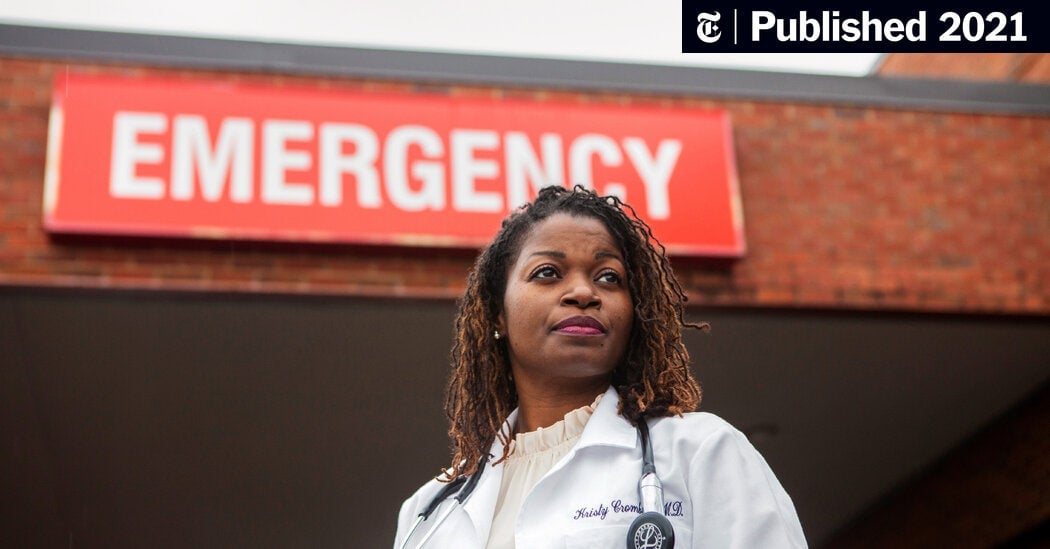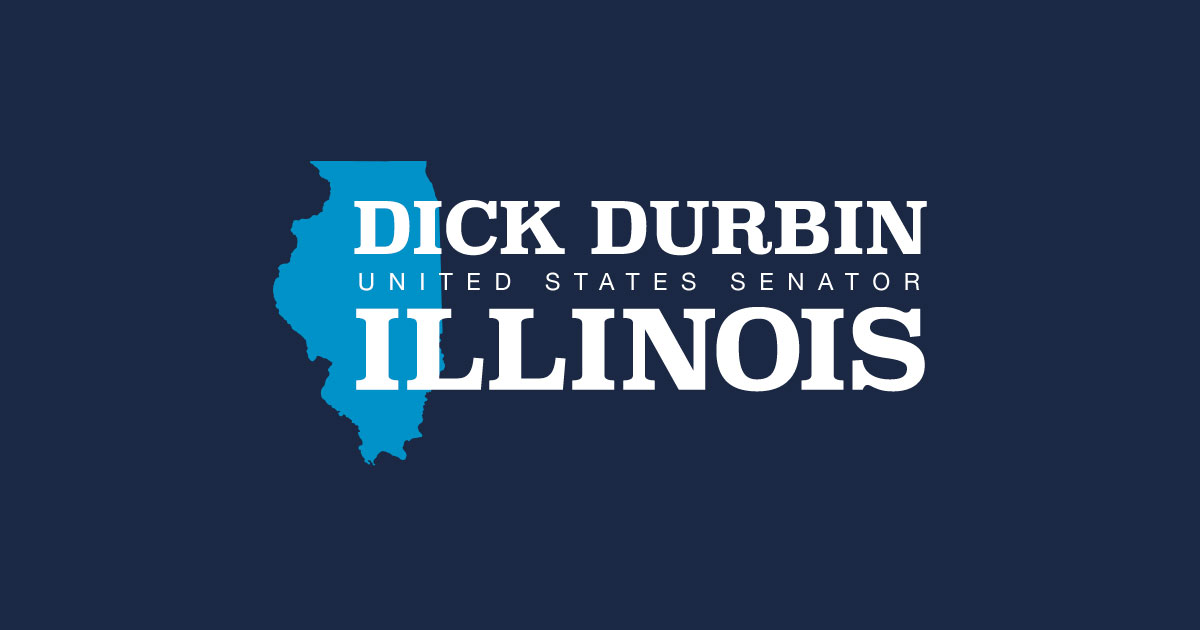I will
strongly disagree with the statement that they have "excellent match rates". Analysis of numbers from SGU own website shows that in 2019, 76% of the graduating class got placed into residency with 29% thru non-match. This means only 47% of the graduating class matched into a residency slot. (see my analysis
Carribean medical schools?) This does not take into account of their attrition rate so the actual "success rate" (ie starting as M1, graduating, and getting any residency slot) is lower.
I will
vehemently disagree about availability and use of federally back student loans at any for profit school as the school assume no financial risk for the students success. When a student enrolls and gets a loan, the schools gets paid. If the student subsequently drops out, the school has gotten paid and the student assumes the debt and possibly the tax payer. Taking in students who are under or not qualified and drops out increases the profit of the school.
SGU was valued in 2014 for purposes of sale at a Billion (with a B) dollars. The founders sold it to a
Canadian investment firm for officially $750 million dollars and an
additionally $250 "special dividend" via loan to themselves. Adtalem, owners of Ross and AUC, just had their
quarterly stock report where they proudly show that enrollment has increased by 5.5% so invest with us. I have followed the hard political lobbying work that SGU, Ross and others have done to secure these loans all the way back to the predecessor of Federal HHS, the HEW. As a taxpayer, I am very much against these schools as I ultimately pay for their profits by the failure of students who shouldnt be in medical school in the first place


